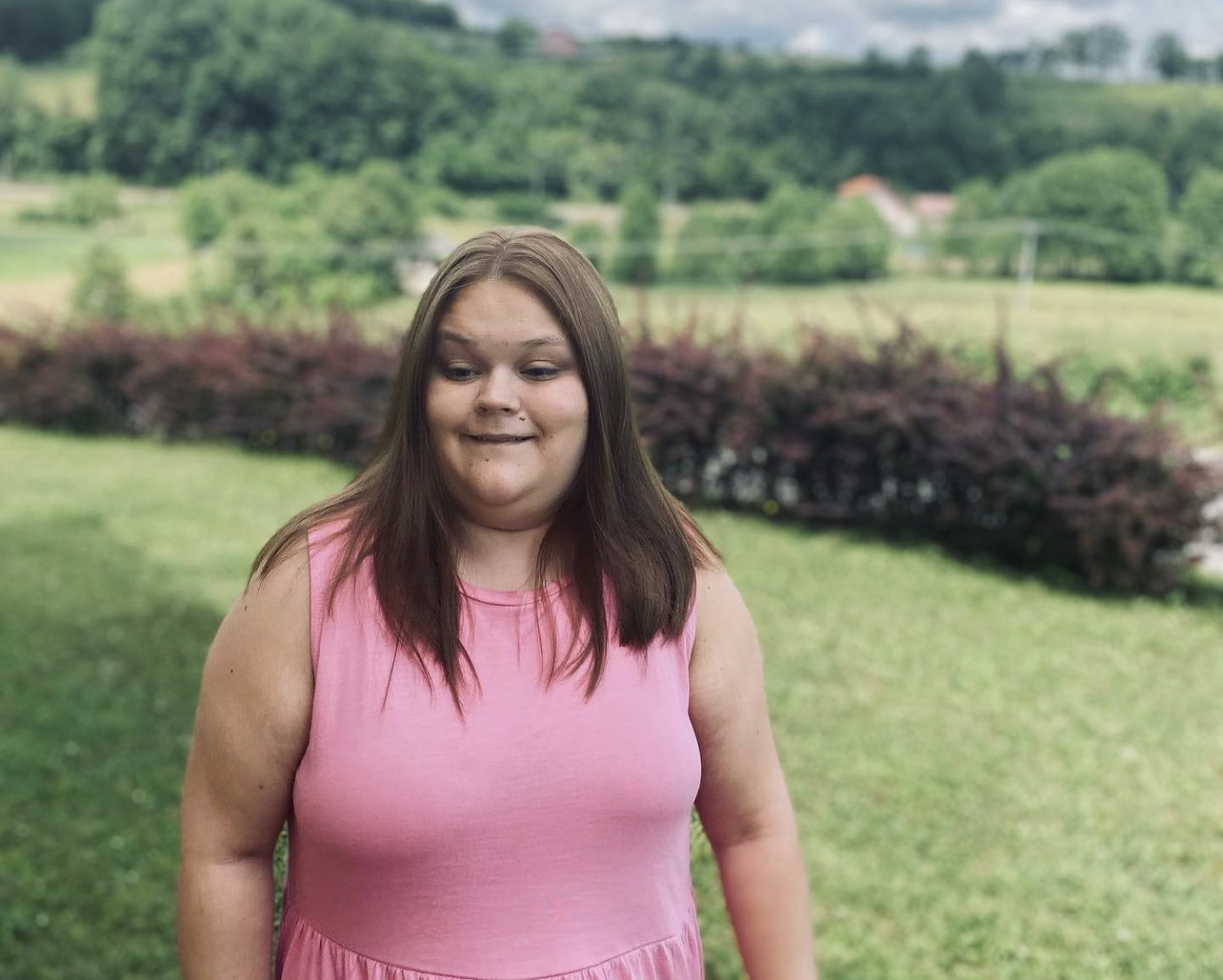In the words of Delila Veladžić: “I want to motivate people with disabilities, to make them feel normal, optimistic, and accepted”
Date:

Delila Veladžić, a 27-year-old young woman from Bosnia and Herzegovina, works as a physiotherapist and at the same time as a TikTok influencer using her platform to raise awareness on the rights of people with disabilities. She was born blind and during her life and academic journey has faced numerous challenges due to the lack of accessibility for individuals with disabilities. Delila joins UN Women’s “Imagine” campaign believing that youth in Bosnia and Herzegovina should be empowered to challenge societal norms and advocate for a more inclusive and equitable society. She expresses her commitment to support and work together with organizations or anyone who shares the same values and goals.
“Despite the obstacles I have faced since childhood, I always refused to be silent or, worse, surrender. I started studying at the Faculty of Philosophy for English Language and Literature, but the learning resources were not customized for someone like me, a blind girl. I received insufficient materials, which made it difficult for me to keep up. Eventually, I decided to abandon my studies and pursue physiotherapy instead. Despite facing discrimination and people questioning my choice, I persevered. I was determined to show that even with a disability, one can excel and contribute meaningfully.
Additionally, thanks to the new technology that has been user-friendly to me, I decided to open a TikTok account where I post videos from my everyday life just like everybody else. But the online community is not always friendly. I have 33K followers and I receive harmful and stereotyping comments on my disability and my posts. But even though social media and technology is very toxic particularly for young individuals, it can bring people together and create new opportunities for marginalized groups. In the case of people with disabilities, technology has a more positive impact. For me it opened a door to the world. I refused to be silent, and I am trying to amplify the voices of individuals who feel the same discrimination through my public platform.
First, I want to motivate people with disabilities, to make them feel normal, optimistic, and accepted. They should give their best in order to become a better person. The best we can do is talk about discrimination, come together, and share our stories. United, our voices will be much more powerful, and they can be heard louder.
Second, I want to raise awareness among the general audience regarding the challenges of people with disabilities. To know them better, their emotions, desires, dreams and goals. They do not differ much from others.
I suppose that all this comes from the fact that in the past two decades, people lost a sense of empathy, understanding, and inclusion for one-another. I think the mentality is the problem. While I believe that if people were more empathetic towards others, the world would be a more beautiful and better place. So let’s challenge this mentality!"